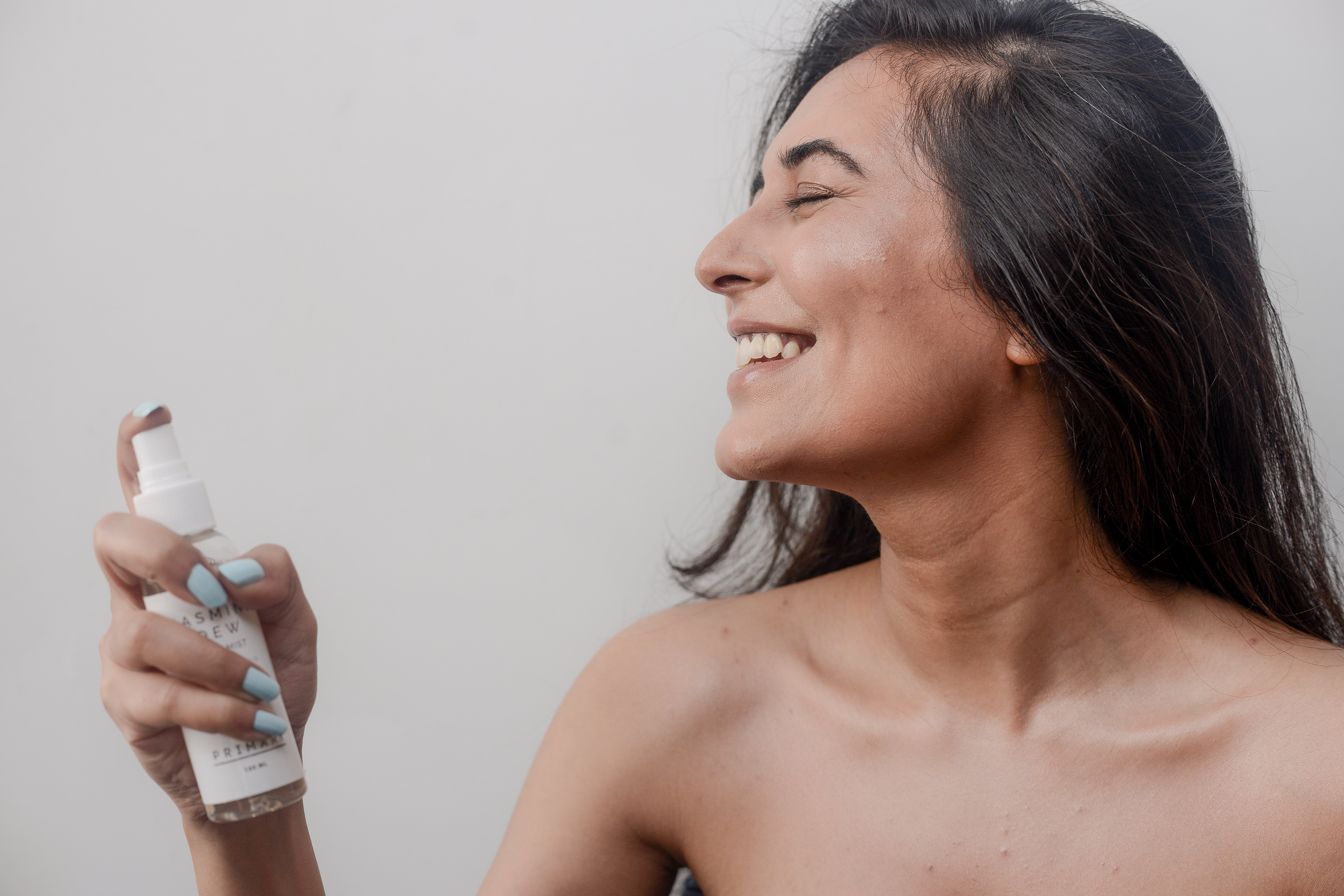How to repair a damaged moisture barrier in 4 simple steps
·

·
Besides being the largest organ of your body, your skin is what protects you from the outside world. It shields you against dirt, pollution, bacteria, and all sorts of environmental debris.
Your skin has a naturally protective layer that acts as a sheath, made up of what we call the skin’s natural moisturizing factors, which include dermal lipids (fatty molecules), amino acids and hyaluronic acid. This protective layer is what we call the skin’s moisture barrier. It’s what keep irritants and harmful bacteria out, and retains moisture that lubricates your skin.
A good skincare routine should be all about preserving the integrity of your skin’s moisture barrier while you treat your skin concerns, e.g. acne, redness, dull skin, etc. Also, many skin concerns that make you pay a visit to the dermatologist’s office can be treated by fixing a compromised skin barrier, such as eczema, contact dermatitis, and sometimes even acne! In short: a happy, healthy, intact barrier translates to happy and healthy skin!

Exfoliating too frequently, exposing yourself to direct sunlight for extended periods of time, using alcohol-based products, using DIY skincare made from kitchen ingredients, not wearing sunscreen, using products that are far too abrasive for the skin, and not moisturizing adequately are all things that can harm the moisture barrier. Plus, when it comes to using potent, powerful ingredients, such as retinol, it’s easy to end up with a damaged moisture barrier if you’re not careful about following proper product etiquette. Skin characteristics that may point towards an impaired moisture barrier include:
- Dry skin
- Rough skin
- Tightness
- Flakiness
- Peeling
- Inflamed skin
- Redness and irritation
- Sensitized skin – when you suffer a bad reaction to a product
An impaired moisture barrier is definitely cause for alarm, given that it can make your skin much more prone to ageing, break outs, and possibly even infection. But don’t panic just yet, even if you fear you might have a compromised moisture barrier. Skin is resilient, and its regenerative powers are incredible if it’s given the chance to repair itself. With a little patience, and a little help from us, you can fix your impaired moisture barrier. Here’s how.
Take a break from exfoliation

There’s no denying that regular exfoliation is key to keeping your skin looking its best. It keeps our pores unclogged, prevents breakouts, and reveals glowing skin. However, going overboard and exfoliating more than you need to is a surefire way to destroy your moisture barrier. If you’re focusing on barrier repair, take a break from exfoliating until your skin is healed again. And when you do start easing yourself back into it, limit your use of exfoliating products to only 2-3 times per week.
Rest days

We love active ingredients – whether retinol, vitamin C, salicylic acid, you name it – they all benefit our skin in a variety of ways. However, to make sure your skin isn’t overwhelmed by the use of too many actives, give your skin rest days during the week – which we think of as your skin’s ‘days off’! A rest day means that your skincare routine should be simple and minimal: just cleansing, toning, and moisturizing.
Use sunscreen every day

This one is an absolute must! Sun exposure is the leading cause of skin aging, and prolonged exposure can cause severe sunburn, resulting in inflamed, irritated, and sensitized skin. Use sunscreen every day, religiously, even if you’re indoors, because windows don’t block UV rays. Pick a broad spectrum sunscreen that offers an SPF of at least 30. Re-apply every two hours that you’re outdoors. And stay out of direct sunlight if you can help it!
Use ingredients that will repair a damaged moisture barrier

Like we said in the beginning of this article, your skin’s moisture barrier is made up of chemical substances called the skin’s natural moisturizing factors. When selecting products that will help you repair your moisture barrier, look for skin-loving ingredients that mimic the function of the skin’s sebum and/or strengthen the skin barrier. These include ceramides, peptides, hyaluronic acid, niacinamide, and oils like jojoba, squalane, and rosehip. A good moisturizer should contain a combination of humectant, emollient, and occlusive ingredients, to hydrate the skin and prevent trans-epidermal water loss.




Comments